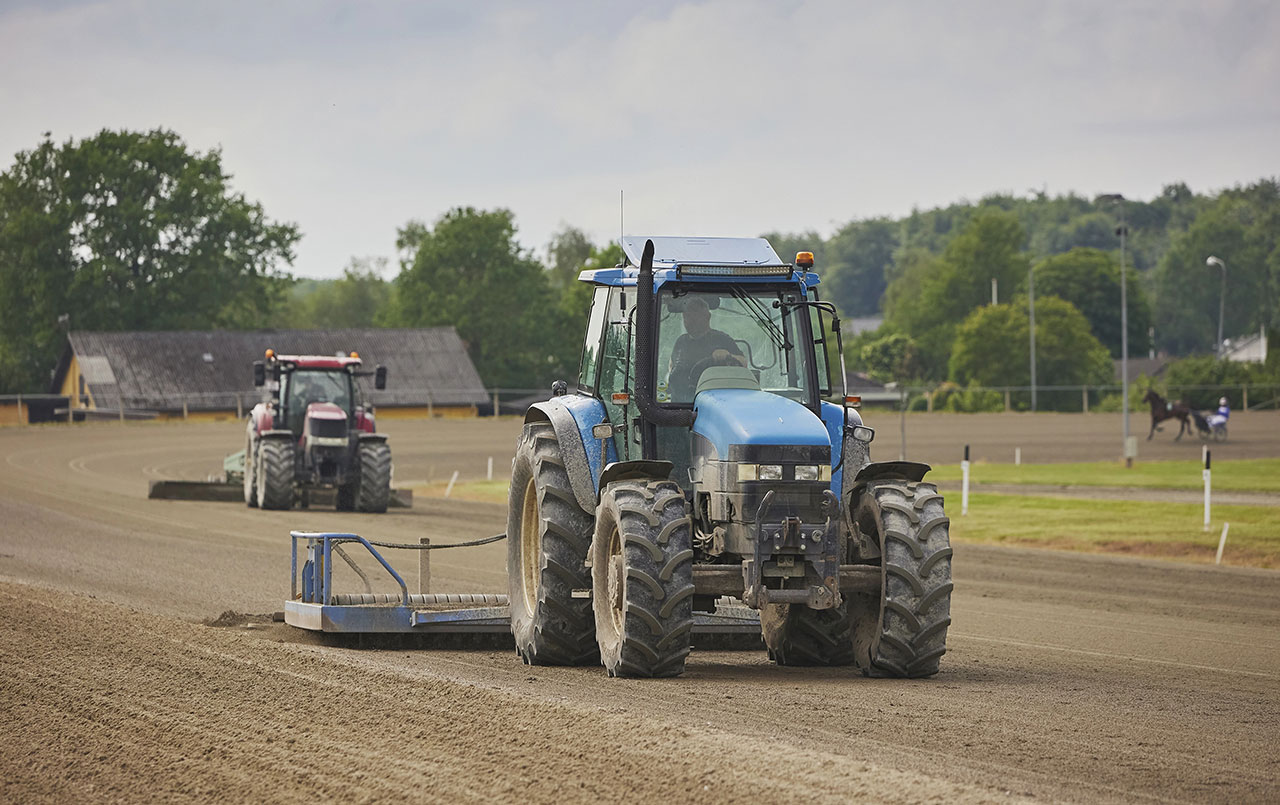

Manure Management Systems: Understanding Requirements
Manure management is a critical component of livestock operations, ensuring both environmental stewardship and agricultural efficiency. Properly handling, storing, and applying manure minimizes environmental impacts while maximizing its benefits as a natural fertilizer.
By focusing on key areas such as regulatory compliance, nutrient management, technology selection, and economic considerations, farmers can implement effective manure management practices that support sustainable agriculture.
Regulatory Compliance
Adhering to local and national regulations is a fundamental aspect of manure management. These regulations are designed to protect water quality and public health by controlling how manure is stored, handled, and applied.
For example, in Ontario, the Nutrient Management Act outlines specific guidelines for farmers, including the need for nutrient management planning and maintaining proper distances from water sources during manure application. By following these regulations, farmers can avoid penalties and contribute to environmental sustainability.
Nutrient Management
Optimizing the nutrient content of manure is vital for its effective use as a fertilizer. The composition of manure can vary greatly depending on factors such as animal type, feed, bedding, and storage practices. Regular testing of manure is essential to determine its nutrient levels accurately, enabling farmers to apply the right amount to crops.
This careful management prevents over-application, which can lead to environmental contamination, and under-application, which may result in inadequate crop growth. Testing and adjusting application rates according to crop needs are key aspects of a successful nutrient management strategy.
Technology Selection
Choosing the right technology for manure management can significantly improve efficiency and reduce environmental impacts. Technologies like anaerobic digestion, composting, and solid-liquid separation offer different advantages depending on the specific needs of the farm.
For instance, anaerobic digestion not only reduces the volume of manure but also produces biogas, which can be used as a renewable energy source. On the other hand, solid-liquid separation can help in managing manure more effectively by allowing for easier handling and application.
The choice of technology should be based on factors such as farm size, available resources, and environmental goals.
Economic Considerations
The economic aspects of manure management are just as important as the technical ones. Implementing new technologies or systems often involves significant upfront costs, so it’s essential to evaluate the potential benefits against these expenses.
Decision-support tools can help farmers analyze the financial implications of different manure management systems, enabling them to make informed choices that align with their operational goals and budgets.
For example, while an investment in a Greystone Arena Drag might offer improved efficiency in managing manure on equestrian properties, the benefits should be weighed against the initial cost and ongoing maintenance.
Expanding Beyond Manure Management
In addition to our manure management solutions, we at Greystone USA provide equipment like the Greystone Arena Drag Pro to assist in maintaining equestrian arenas. These tools are designed to make tasks easier, ensuring that our customers can focus on what they do best—caring for their animals and properties.
Whether it’s enhancing manure management practices or maintaining an arena, we are committed to offering solutions that save time, reduce effort, and contribute to a cleaner, healthier environment.
At Greystone USA, we understand the challenges that come with managing a livestock operation. That’s why we offer a range of products designed to make your life easier, from pasture vacuums to arena drags. Our goal is to provide you with the tools you need to manage your property efficiently and effectively.